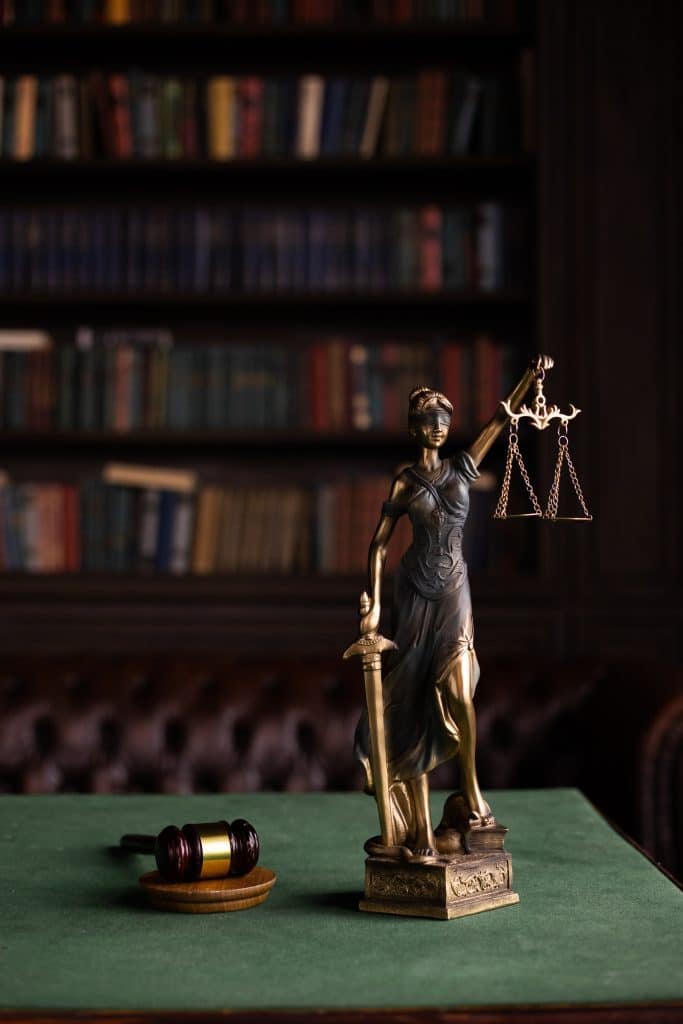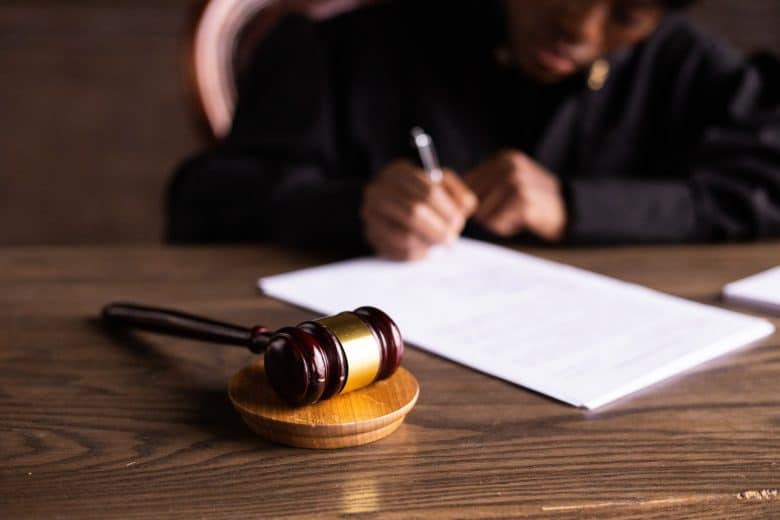The King William County Courthouse in Virginia is the oldest court building in the United States that’s been in continuous use since its construction. It’s still used for judicial functions today. New Jersey, Maryland, North Carolina, Connecticut, and New York also have courthouses dating back to the 1700s.
Despite the age of the legal system, many people struggle to understand how the court system works. Since there are multiple legal specialties, people may feel overwhelmed when they need legal assistance and wonder which type of attorney they should consult. Let’s look at the differences between the civil and criminal courts and explore some examples of cases heard in these courts.
What are civil courts?
Civil courts handle personal disputes. These disputes do not necessarily involve illegal activity. They may center around a dispute between individuals or individuals and a business. Civil courts also handle disputes between companies. When a company or individual indicates they’re suing someone, they’re referring to a case that a civil court would hear. Civil courts render judgments that typically involve financial restitution. In some cases, the plaintiffs pursue legal action to get the defendant to stop engaging in harmful activities.
What types of cases are presented in civil courts?
Civil courts hear multiple types of legal cases. For example, suppose a small business uses a famous character to promote its company. The company holding the character’s copyright could file a lawsuit and sue for copyright infringement. If found guilty, the courts can order the defendant to pay damages to the plaintiff.

People affected by personal injuries can pursue compensation through civil courts. Personal injury law firms specialize in handling cases involving personal injuries stemming from faulty products, harmful pharmaceutical products, and accidents. For example, the U.S. Food and Drug Administration (FDA) authorized the drug Elmiron in 1996. Elmiron was prescribed to patients with interstitial cystitis, which is a painful bladder syndrome. Using Elmiron can cause degenerative eye conditions such as pigmentary maculopathy, leading to vision damage and vision loss. People who took this drug and developed visual impairments can discuss their legal options with an Elmiron vision loss lawyer. Victims may receive financial compensation for medical bills, pain and suffering, job retraining, and loss of income.
Civil court cases can include conflicts between employees and employers. For example, individuals terminated without cause may turn to Nava Wilson LLP and hire Malliha Wilson to handle their labour law case. Some wrongful dismissal cases occur when religious, racial, or gender prejudices prompt employers to fire employees. Employers must follow established labor laws when terminating staff, and those who ignore this process could find themselves in court. Former employees may seek financial damages to compensate for lost income. Employees may also turn to a labour law attorney if they’ve been passed over for a promotion or mistreated in the workplace.
What are criminal courts?
Criminal laws govern society. When people break these laws, they can be arrested by the police and charged. Individuals charged with committing a crime are entitled to a trial in a criminal court to determine their guilt. Judges oversee trials in criminal courts and can order a mistrial if the rule of law isn’t upheld during the trial. When juries find a defendant guilty, the judge sentences the guilty party per the law.

What types of cases are presented in criminal courts?
Criminal courts hear cases involving alleged illegal activity. Individuals arrested and charged with murder, manslaughter, sexual assault, armed robbery, drug possession, fraud, vandalism, assault, and theft may all appear in criminal courts. In civil courts, civil attorneys represent the plaintiff and defendant. In criminal courts, prosecutors present the case against the defendant. Public defenders or criminal law attorneys represent the defendant. You can also present an employee theft case, with the help of an attorney who knows how to report employee theft.
Trials occur in both civil and criminal courts. The nature of the offense prompting legal action determines whether a case is a civil case or will be heard in a criminal court.












Leave a Reply